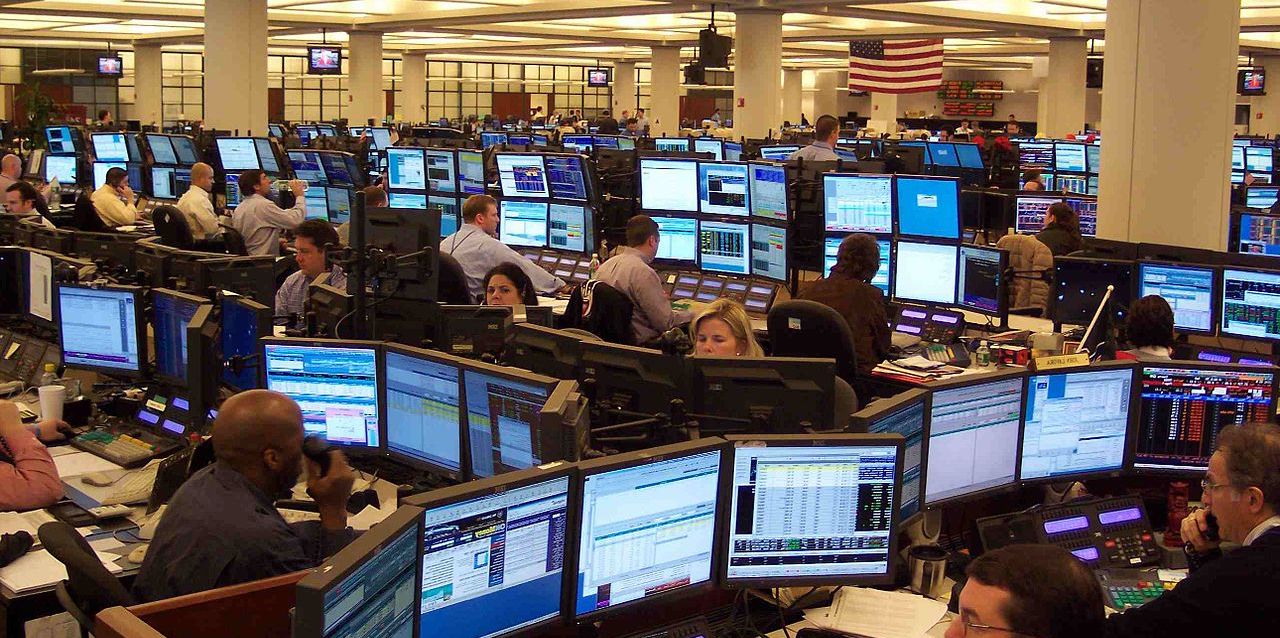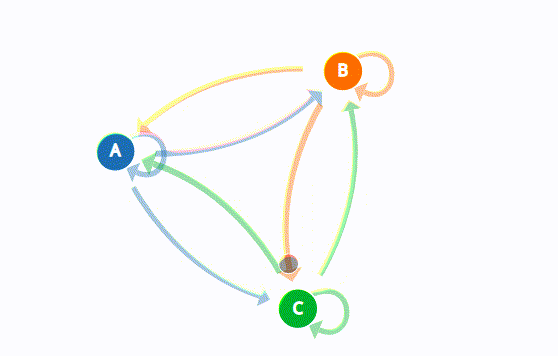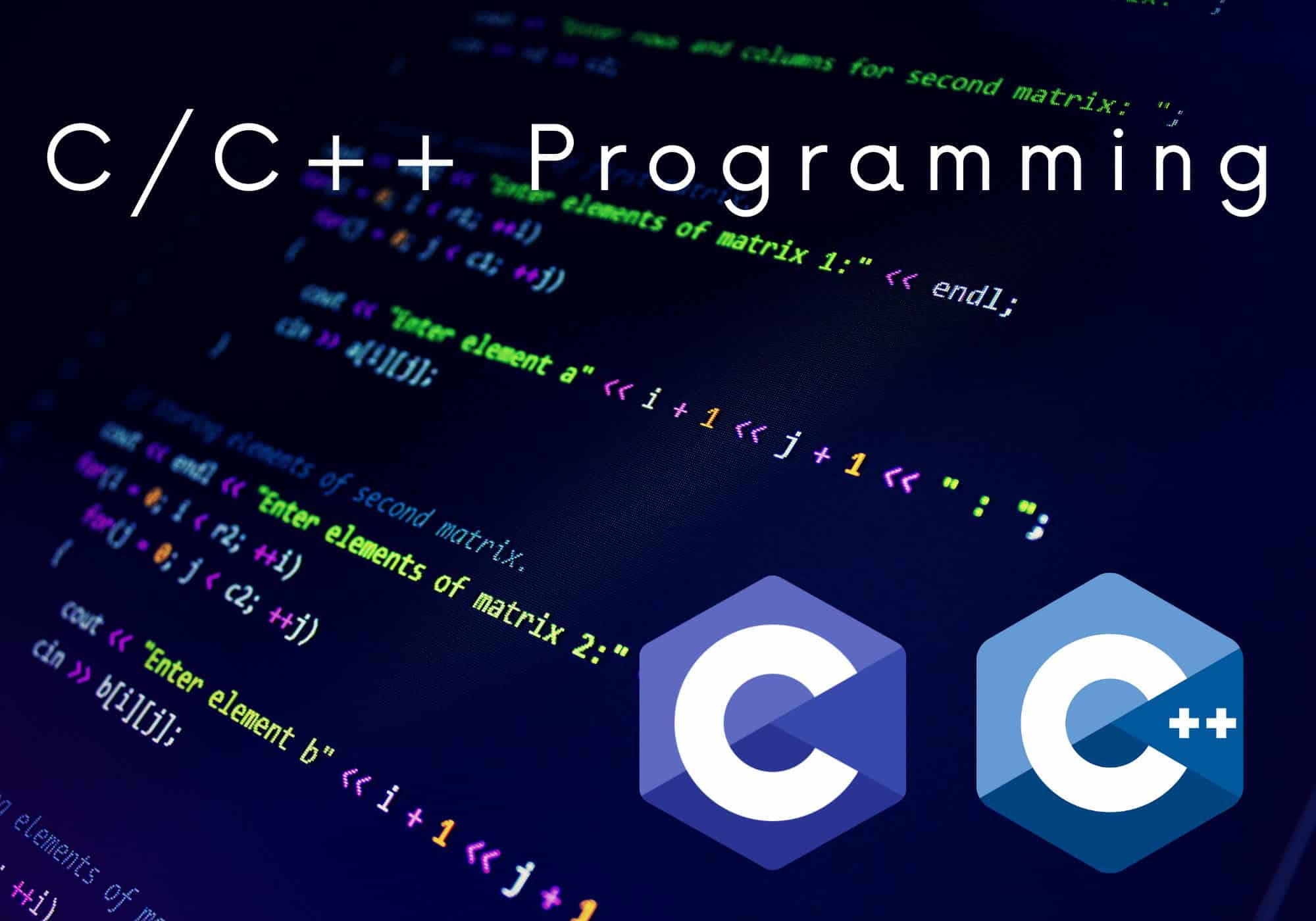How’s the current market
HFT has been around for decades, and it is used by many hedge funds and other financial institutions. It was made possible because of new technologies such as faster computers, faster networks, and smarter algorithms.
The high-frequency trading industry has been criticized for its lack of transparency, as well as its potential for market manipulation and instability. The Flash Boys book is a perfect example of this type of trading in finance and it has been described in detail in Michael Lewis’s book.
The regulatory environment has been changing over time as new types of electronic trading have emerged. Regulators have had to continuously adapt and create new regulations, which has led to a complicated system of regulations.
It is the responsibility of regulators to ensure that there are fair and efficient markets for investors, but it is also their responsibility to ensure that there are fair and efficient markets for traders.
As per its current situation, the high-frequency trading market is still in good shape. From the chart below (source: IBISWorld) the market size is within the same range as per the last 10 years (excluding the explosion of firms in 2012).
Also, and most importantly, the employment situation for these firms has been decreasing since then, and the most probable reason for that being the fact that the entry barrier are much higher, and nowadays, market are much more efficient than in the past.


Anyways, high-frequency trading and its low latency technologies are here to stay.
As recent survey shows, nowadays, 80% of the funds operate electronically, hence, execution quality affects across all participants, and being fast is paramount.
Top high-frequency companies to work for
Jane Street
Quantitative trading firm with a particular focus on technology. The company has been one of the largest market-makers globally for the past two decades.
Optiver
Electronic market maker, providing liquidity to markets with their own capital. Today it is a global electronic market maker, with offices in Amsterdam, Sydney, Chicago, and Shanghai.
Tower Research
Primarily deals in quantitative trading and investment strategies. They develop technology and deploy its diverse automated and quantitative methods globally across a broad range of asset classes.
Virtu Financial
The firm leverages advanced technology to deliver liquidity to the international markets and innovative and transparent trading solutions. Is primarily involved in market-making and infusing liquidity
Hudson River Trading
Quantitative trading firm using math and data science to develop trading algorithms. They heavily rely on engineers, data scientists and mathematicians to guide their algorithms and maximize their investing capabilities.
And the list goes on…
Wolverine Trading
Geneva Trading
DRW
Maven Securities
Jump Trading
Citadel
Pay rate
Pay rates are very tricky to decompose, because most of the surveys are not 100% focused on this specific niche of the financial industry. Nonetheless, we will try to de-compose it and find out what you can expect as a salary.
Moreover, the variation could be huge if we take into consideration the specific roles and their years of experience. As rule of thumb, in wall-street, the closer to the money you are the more likely you make. Traders usually will have lower base salaries but huge bonuses. Researchers are the other way around.
But, as in many other industries, the star role is the “software engineer”. They could get a nice base salary with juicy bonuses.
As an example, we can see the following:
- Software Engineer C/C++ & Python
At least 3 years of experience
$500k Total Compensation (300k base + 200k bonus)
- Quant Researchers
$350K Total Compensation (200k base + 150k bonus)
If you have phD’s you could get more than this.
- HFT Traders
Anywhere between 400k up to 1M in total compensation, where 80% of that could be based on the performance bonus.
Type of positions: Quant/Research, Developer, Trader
High frequency trading firms need a wide range of professional resources, from pure technical to business analysts to gauge the overall markets.
Risk management is also a key thing when you have a big stake at risk. Several methodologies have been used to flatten the risk curve of market exposure.
Here is a list of all the different positions sought by these firms:
- Quantitative Trader
- Business Analyst
- Financial Associates
- Network Engineers
- Data Engineer
- Software Engineer
- Quantitative Developer
- Quantitative researchers (Phd and non-Phd)
- Portfolio Managers
- Risk Managers
What skills do you need
High Frequency Trading is a very technical discipline, meaning the candidates are quite scattered across a number of different engineering fields. For that reason, there should be more emphasis on understanding the specific needs of each candidate and placing them in positions where they will excel.
Usually, you will need a Phd in CS or physics and/or math or an MFE degree to become a quant, or the equivalent in working experience in these areas where you can excel.
You should have a strong entrepreneurial culture and have pro-active mindset. Given that, the bonus component in total algorithmic trading salary is a multiple of your base pay. Hence, you will need to demonstrate an ability to generate revenue in order to earn more than your base pay alone.
You should also be prepared to work longer hours than you might be used to. As such roles often come with longer hours than many might be used to, 10-15 hours per day are not uncommon. The fast-paced growth, intellectual stimulation, and compensation generally outweigh the workload.
What is the interviewing process?
The most in-demand type of developers in the HFT space are those who have strong programming and strong quantitative skills.
Financial Engineering is a degree that’s often preferred when it comes to PhD programs in this field. However, CS, Economics, Math & Physics degrees are also commonly accepted. There are 3 main criteria involved in evaluating candidates for admission into these programs.
- How do you program: Are you good at developing efficient real-time, multithreaded code? The interviewer will typically ask about your design and algorithm choices in addition to testing your knowledge of algorithms.
- Your thinking process: The focus of this exercise is to present problems that you’re not familiar with so that you can better understand how you think. Are you logical in your approach, do you focus on the right aspects of the problems? Are you creative or linear in your solution?
- Your communication skills: The assessment of one’s communication skills at the meeting can be subjective and difficult but remember to ask good questions and not to provide too much information without seeking feedback. Otherwise, you may find yourself tripping up on your words. One of the qualities most recruiters are looking for in applicants is self-awareness. This means being able to recognize your skills, abilities, and shortcomings. If you’re unsure about what you’ve said, or think it might not have answered the recruiter’s question, then just ask “Did I answer your question?”
A day in the life of a Quant Trader in High Frequency Trading firms
In order to describe “a day in the life of…” we took examples from different people and we created a curated list:
6:00 AM: Get up and have breakfast. Check your emails to make sure that the overnight cron jobs ran successfully last night. These are for downloading financial data and uploading our own internal reports – we’ll discuss this in a minute more.
7:00 AM: I read a book on math or programming while commuting to the office or use one of the available electronic devices to read about financial news. Also, some good podcasts related to finance are a good morning routine. On the way up, I then grab a coffee and croissant before seating into my desk.
8:00 AM: As a Quant Developer, my main task is to analyze and diagnosis of processes we had developed as well as adding new requested features from the research team.
Checking again any automated batch process, which usually involves data processing that needs to be validated.
9:00 AM: Have a brief catch-up with our lead quant trading researcher to discuss any data or infrastructure requests. We also discussed the state of the US market so we are aware of what might be coming up later in the day.
We have until around 1pm to complete any research and development tasks. Our signal generation is fully automated but keeping an eye on all the monitoring systems is very important.
10:00 AM: Maintenance – some cron-jobs have failed, so we have scripts in place to make sure we receive alerts of that. Most of the time, these incidents are the result of undocumented changes to external APIs. Other incidents are related to buggy data points and internal bugs.
This involves modifying some unit tests, rerunning the unit test scripts, and then pushing the code to the staging server and subsequently to the production environment. Since our code has good test coverage, this way of deploying is not a problem.
12:00 AM: Lunchtime. I generally spend my lunch time “reading” books. I often make lots of notes and in the winter, I used to head to a coffee shop!
1:00 PM: Return to the office. Time to analyze trades made during the morning and sending the data to the research team, where they analyze if there is anything to be improved or changed related to the execution of those trades.
2:00 PM: Most of the afternoon, involves development work and specification of new automated components. Also, code-review from co-workers is something we do during the afternoon.
5:30 PM: Management meeting. Typically, the first half of a meeting is used to discuss recent performance of the funds, what backtests indicate about them, and relative performance so far. Taking this into account, it seems that there have been some minute differences in expected results vs. what has actually happened. The group discusses new sources of data and new ways to automate ongoing research for upcoming tasks.
6.30 PM: Heading Home. If everything is ok, and no urgent things are in the pipeline, we are good to leave. Otherwise, we need to make sure that the operation will keep running with no problem during the night and early morning.
Is it worth it?
With an HFT firm, the growth opportunities are tremendous, since the chances of promotions and bonuses are higher in an HFT firm.
From an intellectual perspective, the problems are as satisfying and difficult as you could find anywhere else. There is as much math, game theory, economics, technology, computer science, and engineering as you want there to be. The technology is cutting edge. HFT is the driver of a lot of technological advances. It also generates and requires a lot of data.
HFT is extremely entrepreneurial because the problem of “make money trading” is ill-defined: no one is telling you what to do because there’re many ways to approach the problem and a lot of things to consider. You don’t have to put in face time or wear a suit: it’s all about results. And you can’t fake your results or BS your way through your job- everyone can see how much money you’re making.
Unlike in academia, who labor over a huge problem for years with no end in sight, HFT gives immediate feedback. Your models are either making money or they’re not. If you fall behind, it’s obvious within weeks, whereas in many other industries it could take years for obsolescence to become clear. I like to see the direct results of my work, and for me being able to test out my ideas quickly is one of the most satisfying parts of HFT. If you’re wrong, then you find out right away and you can test a new theory- you’re not left wondering if what you did matters or not, whether you’re right or wrong: the idea either translated into more money or it didn’t.
HFT is extremely competitive. As much as high frequency traders like to distinguish themselves from other people in finance, even from other kinds of traders (we’re not click traders or flow traders! Like anyone outside finance knows the difference…) and view themselves as nerdier and a band apart, the fact is that the entire industry is relatively cutthroat because it’s dealing with huge sums of money and has an industrywide culture of secrecy and competition. Everyone is your direct competitor, sometimes even people within your own company. This can be stressful, but some find it exciting and motivating.




The new wave is Geometry Trading. We pair trade time segments framing HFT traders. They make pennies, we make dollars.